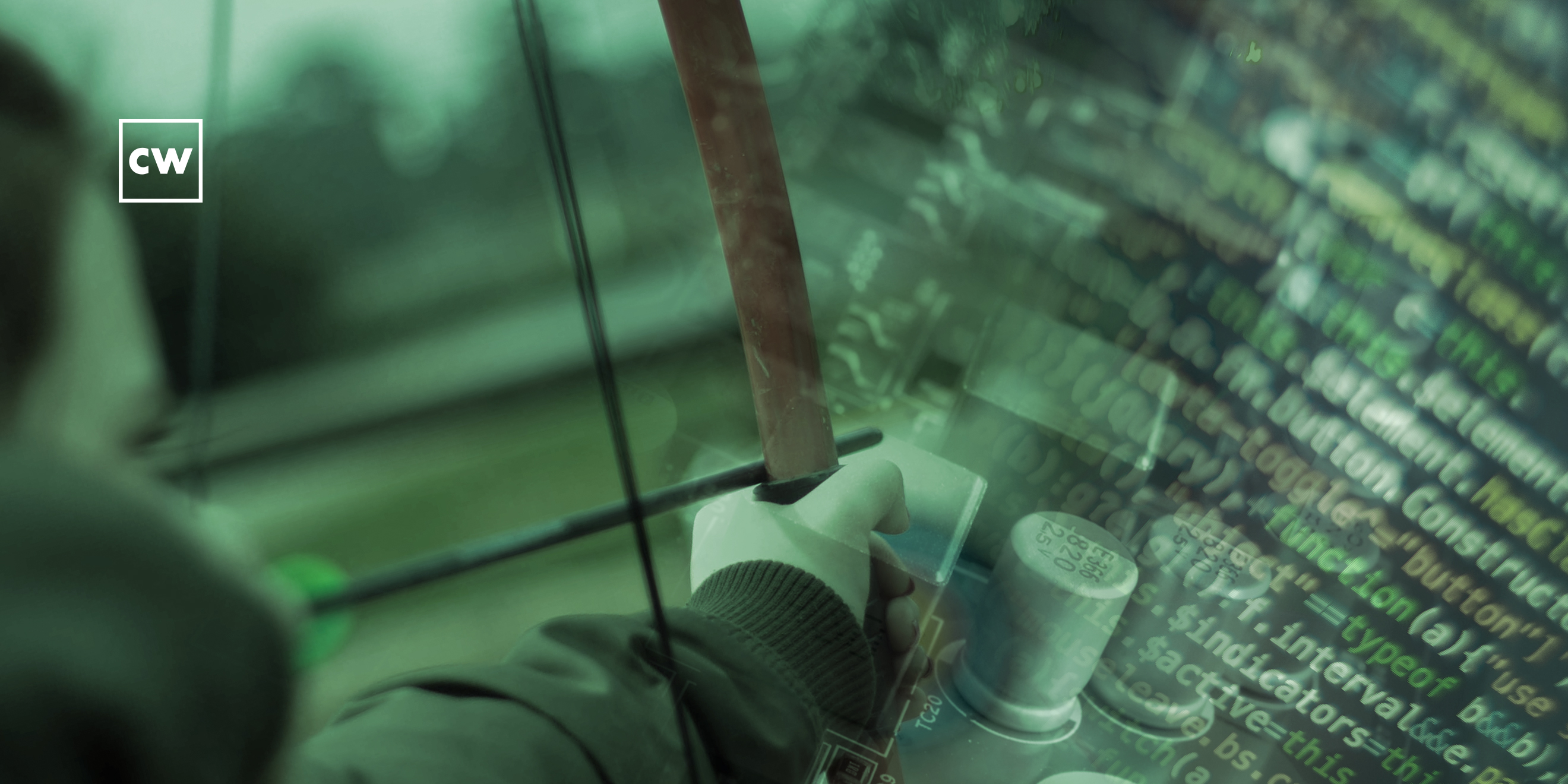
Kevin Magee: Focus on the archer. (CSO)
Kevin Magee: Hi. I am Kevin Magee and I'm the Chief Security Officer of Microsoft Canada.
Kevin Magee: Well, I'm actually educated as a historian, and that's what my degree is, and that's kind of how I think about myself and that point of view of my early education is really shaped my life and my career. And I don't look at my work maybe necessarily the way the peers do. I see history unfolding sort of before me. And the most interesting things happening right now in our history, I think are happening in security. And I think that's what gravitated towards this as a career.
Kevin Magee: Like most people my age, I grew up in the 70s and 80s, sort of tinkering with with computers, and I went off to university in the early 90s at the dawn of the Internet and started spending less and less time in the library and more in the computer room down underneath the stairs, tinkering with things. And it was that sort of love affair with technology that began at that point in my life that has has carried me through.
Kevin Magee: My day to day work, is really just diving in and supporting my people, supporting our customers. That's that's really what my job is all about. And it's not necessarily about the technology I think most people think of a Chief Security Officer is very technology-focused. And I think we spend too much time thinking about the technologies. I use an analogy. I think we focus on the arrows, not the the archer. I spend a lot more time thinking about the adversary, thinking about why they do things, what are their motivations. And that's informed often by sort of the background of the individual or the threat actor or the nation state that's really mounting the these attacks. Far too often, the media focuses on the attacks called a Ryak attack or a Maze attack. They're naming the weapon. That's we're focusing on the arrow. I'm much more interested in the archer and understanding who they are, what their motivations are and what they do. And again, I think that that background of, you know, historian's education and thinking about the individual and what their biases are, what their motivations are, has really informed my ability to do to do my job much better.
Kevin Magee: It's an interesting time to be a leader in technology, and in particular, in cyber, and this is one of the things I'm most interested in right now is really defining what that next emerging leader in our industry is going to look like and how we can assist them because the current leadership was forged in a different time and different set of challenges. And I see just the talent coming up out of school and and really gaining their foothold in their careers. It's just amazing and excellent. And they require they require different things than we did. So I spent a lot of time trying to understand what that next generation of leadership will look like, how I can affect it, how I can shape it, and how I can be there to support those future leaders as well.
Kevin Magee: If you think of when a historian, at least how I like to think of us, you know, we're clever, we're intelligent, resourceful, we're, of course, dashing, you know, all the great heroes, Indiana Jones, Jack Ryan, Lara Croft, were all historians. But Winston Churchill had a quote that I like and said, the farther back, you know, you look, the farther forward you're likely to see. And that's been that's been greatly true for my career. Learning how to propose a hypothesis, test that hypothesis, do research, look at primary sources, look at secondary sources objectively, has made me a much better cybersecurity professional. So I think that level of diversity has really brought a different perspective and a different degree of success to my career. And I was hesitant in my early days to share with my technology friends that, you know, I had an arts degree, but now I've embraced it and find I'm often asked, hey, how did it affect your career? And I really believe in retrospect, it was one of the best decisions I made.
Kevin Magee: So, again, being sort of the historian, I don't want to write the history, I want to to be there to witness it, and I think that's that's the critical thing for me. You know, the chance to be there at the most interesting points in the times in my life. I was there in the 90s. I was part of the the dotcom craze and was able to be part of a startup. I was there at Y2K when nothing happened. I saw the rise of the Internet. I'm seeing all the changes that are affecting our world. And most of them, regardless whether it's economics, national security, criminology, leadership, espionage, war, they're all being driven and remade and reshaped by digital transformation and cybersecurity. And I've had the chance to to have a front row seat to these world events, which is fascinating. And also, I want to make sure that, you know, I made a difference in some of the folks lives, like many of the mentors did in mine. And at the end of my career, if even a few folks can put up their hand and say, you know, Kevin helped me achieve this in my career or showed me a different path or opened my eyes to a new opportunity, that would be great enough for me.